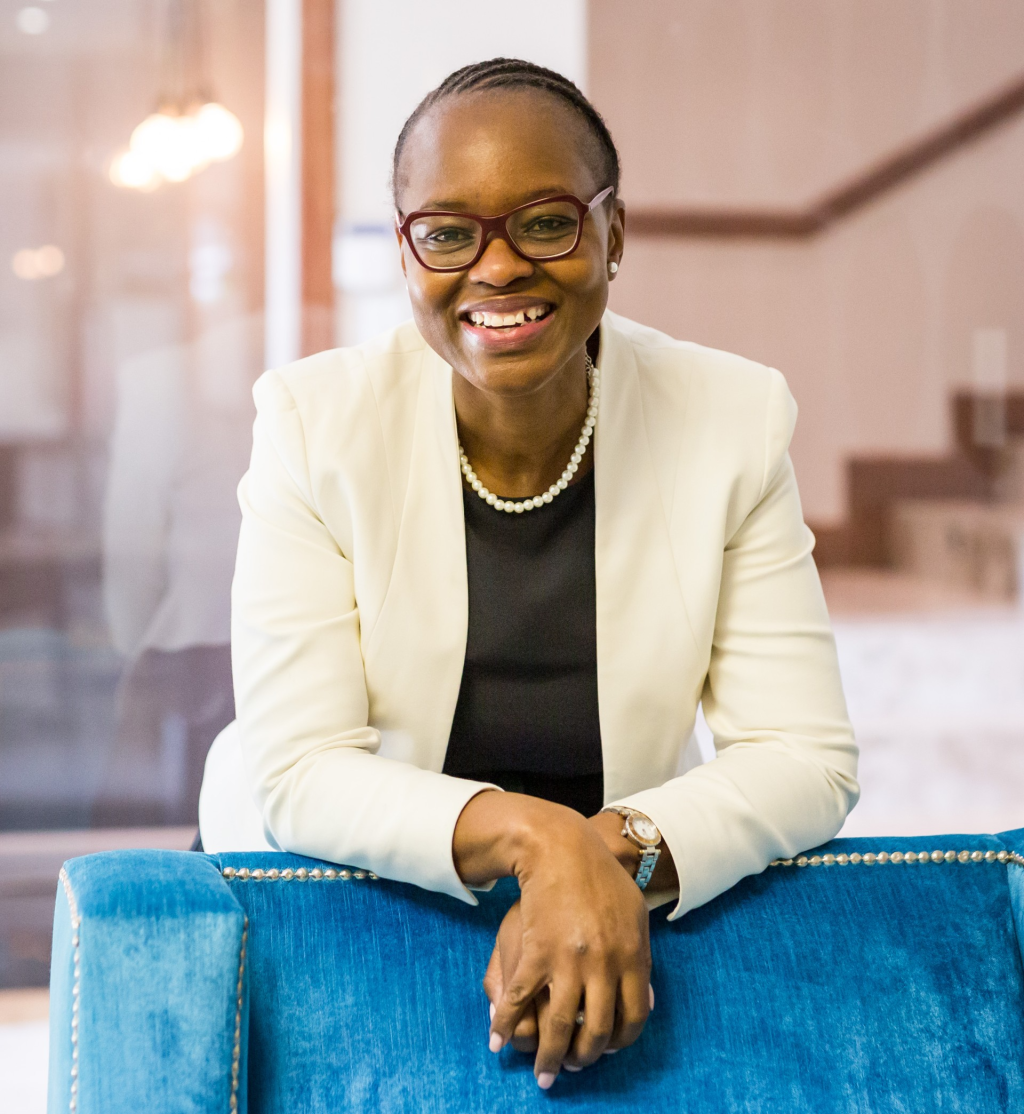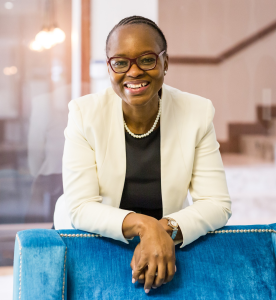Why SA’s progress on women in senior roles matters as we aim for inclusive leadership
4 min read
South Africa is at a turning point in how organisations think about leadership. Women make up 46% of the economically active population, yet they hold only 25.8% of top management roles in the private sector. Within that, African, Indian and Coloured women are still underrepresented, despite being a growing share of the workforce. At the same time, women occupy 32% of board seats in listed JSE companies higher than the continental average, but far from parity.
These figures highlight that while progress is undeniable, there is still distance to travel in ensuring inclusive representation at the very top of South African business.
Over the past five years, boards and executives have become more intentional about changing this trajectory. At Tuesday Consulting, we have witnessed a decisive shift in client briefs: diversity is no longer a “nice to have,” it is now often written into the mandate from the outset. Approximately 80% of our placements in the last three to five years have been African, Indian and Coloured (AIC) leaders, many of them women.
This shift is driven not only by regulation but also by investors, employees, and customers demanding leadership that reflects the diversity of the communities organisations serve. The talent pool is also deepening, with more women bringing senior-level qualifications and experience to the table, enabling organisations to match intention with capability.
Despite this momentum, systematic challenges remain. Women – particularly AIC women – are often less visible in traditional leadership networks. Smaller companies have limited board vacancies, constraining opportunities. Perceptions around “fit” and assumptions about readiness for highly strategic roles also continue to shape decision-making.
Addressing these obstacles requires a targeted and rigorous approach. Tuesday Consulting leverages market mapping, extensive networks, and data-driven insights on qualifications, remuneration, and succession planning to provide clients with a clear and inclusive view of the leadership landscape.
When organisations combine intentional hiring with the right support structures, the results are transformative. In one case, a Black female executive placed through Tuesday Consulting was mentored intensively, and within a year nominated to pursue a PhD at the UCL Institute for Global Health, an organisational first, embedded within succession planning. Such stories demonstrate that diverse appointments, coupled with mentorship and onboarding, can spark both personal growth and institutional change.
South Africa’s public sector provides an example of what is achievable when diversity is intentionally prioritised: women make up 48.6% of the senior civil service, ranking the country joint-second among G20 peers. For the private sector, the opportunity lies in applying the same level of commitment and structural investment to succession planning and leadership pipelines.
For organisations that are serious about advancing diversity at the top, the path forward is clear: invest in leadership pipelines, succession planning, and structured mentorship. Boards must also have candid conversations about the business value of diversity and ensure training in inclusive decision-making becomes part of leadership development.
Diverse leadership is not a compliance exercise. It’s a business imperative. When women are intentionally supported into leadership, they thrive and when they thrive, so do the organisations they lead.




